Departure from Eureka
My time in Eureka was uneventful, yet productive. I got a few items fixed or jury-rigged and I replenished all of my supplies. It was a cute little town, but I only got to spend about 36 hrs there before I went back out to sea.
I sailed directly south with the intention of meeting up with a couple of friends for the weekend. They were hiking and camping along the coastline to the south and the plan was to anchor up and row ashore for campfires, some whiskey drinking, and catching up. There was a forecasted north wind and the swell was supposed to diminish during the day Friday. I sailed part of the distance Friday afternoon and spent the night on the hook in a relatively unprotected bay just south of Cape Mendocino. While it was an exceptionally rocky night, I was in relatively shallow water with good holding sand and I felt confident in my anchor placement and the scope I used. My surroundings were absolutely sublime and both the sunset and the sunrise were glorious that night. I cooked up a big batch of dumplings and enjoyed myself immensely.
I tried to time my passage so that I would be arriving around midday with a flood tide when I crossed the San Francisco Bar and passed under the Golden Gate. I checked the weather during the approach to find that it couldn’t possibly get any better.
I planned to dock in Richmond to be close to the windvane factory and my route led me past Alcatraz as well as some other neat SF Bay landmarks. The next afternoon I got to sail across the bay with some good friends and we had perfect weather and wind yet again! I spent all week hanging out with friends, exploring around the city, and chowing down on the tastiest food the bay area has to offer.
A couple people have asked about what cooking and eating looks like on a boat at sea. For the most part, I've been cooking and eating in all the same ways I normally would at home. I'm in port roughly once a week (or more) and its easy enough to walk to a grocery store and grab fresh food - meats, cheese, bread, veggies (sparingly), fruits, etc. Ya know - normal food. I have a small ice box, which is kind of like a really well insulated cooler, and when I was living up north, it stayed about the same temperature as the water (which was 45 degrees at the time) and I didn't even need to buy ice. Now that I'm further south, things are heating up and I've been getting a bag of ice every 5 days to keep things cool. I've got enough canned food on the boat that I could probably last for a month without hitting a port if something were to go wrong (or if I wanted to stay out in the boondocks at a really nice anchorage). When I'm cruising instead of just passage-making, I'm planning to do a lot more fishing and try to supplement my diet with things that I catch as much as possible.
Perhaps more interesting than the food itself is the mechanics of cooking and eating while the boat is pitching around in a seaway. My stove is a two burner model that runs on kerosene (less volatile and safer than other fuels) and it is gimbaled so that the pots and pans always remain vertical even if the boat is tilted over sideways. It also has fiddles on the side so pans can fly off. I use my standard nonstick as well as my heavy duty cast iron combo-cooker and it works great. It doesn't burn quite as hot as propane, but gets the job done for all but the thickest of steaks. Unless I'm anchored up in a protected area, I tend to just hold my plate in my hand, but I do have a nice little fold out table that seats four in the main dinette area. Silverware, plates, and ingredients tend to move around, so you've got to try and wedge yourself in to be able to work effectively. It is often pretty inconvenient to fire up the stove when the boat is really rocking, so sometimes I'll cook a few meals in advance if I know the weather is going to be rough.
Below are a few pictures of a poblano jambalaya and cornbread-pancake meal I made while I was on passage one afternoon.
Cole commented and asked about how I developed such a salty vocabulary so quick. The short answer – for the past three or four years, I’ve been steadily devouring sailing novels. When I first dug in, it was like I was reading a foreign language, but little by little, I googled my way towards sailing literacy and I’ve got a pretty good handle on things at this point. From classics like Moby Dick to newer stories like The Voyage of the Cormorant, I love them all and couldn’t get enough. A few of my favorites if you're inclined towards great books:
- Sea Wolf, London
- Across Islands and Oceans, Baldwin
- The Old Man and the Sea, Hemmingway
- Eight Sailing / Mountain Exploration Books, Tillman
I'm sailing with my brother around the peninsula and down to Santa Cruz later this week and from there I'll be making my way down to LA and San Diego to meet up with some other friends. After that - I'll high-tail it down to Cabo and spend the following few months in the Sea of Cortez drinking margaritas and spearfishing while hurricanes whip through the Pacific.
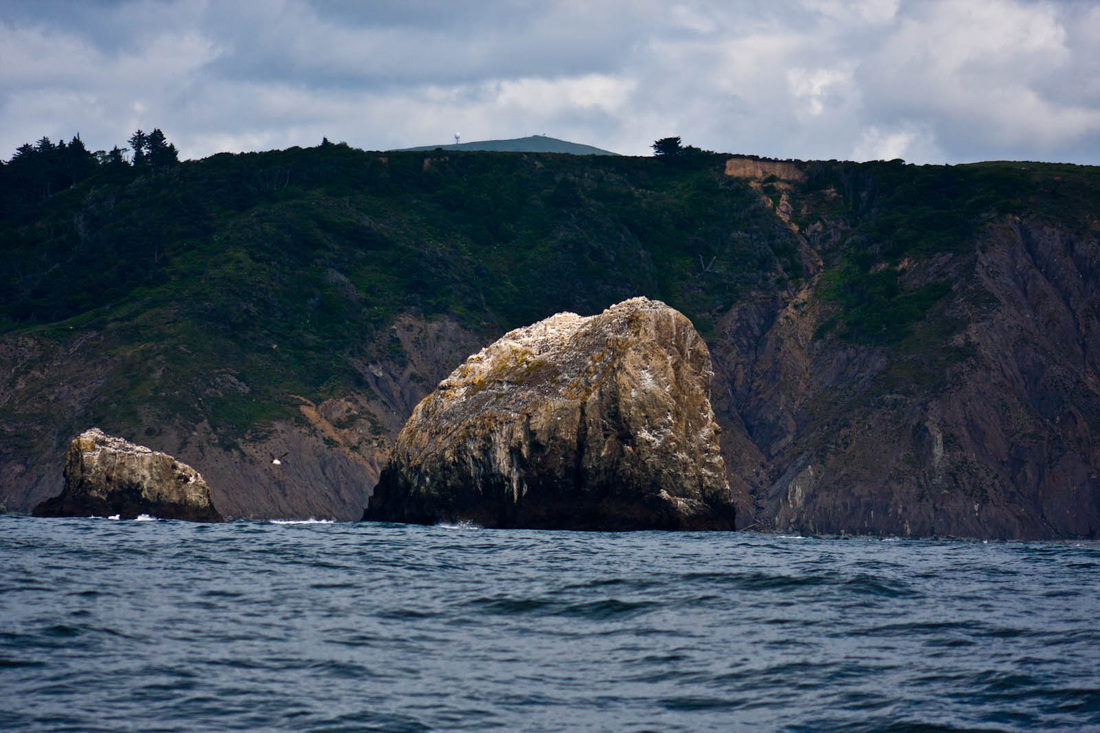
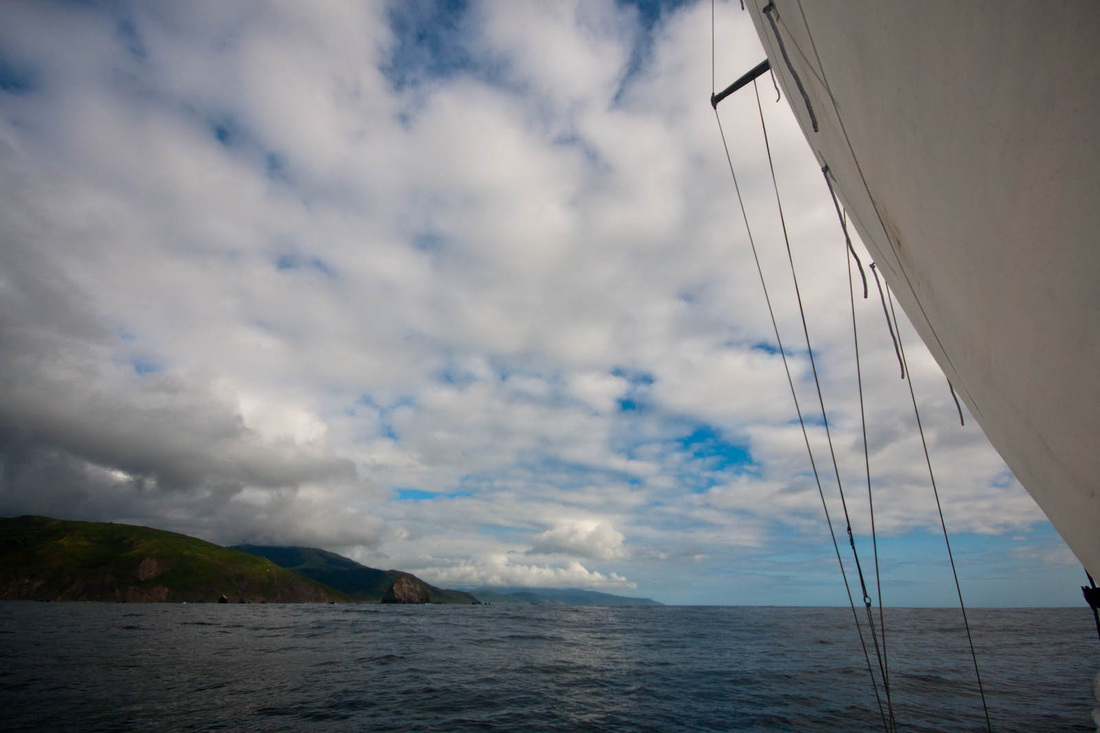
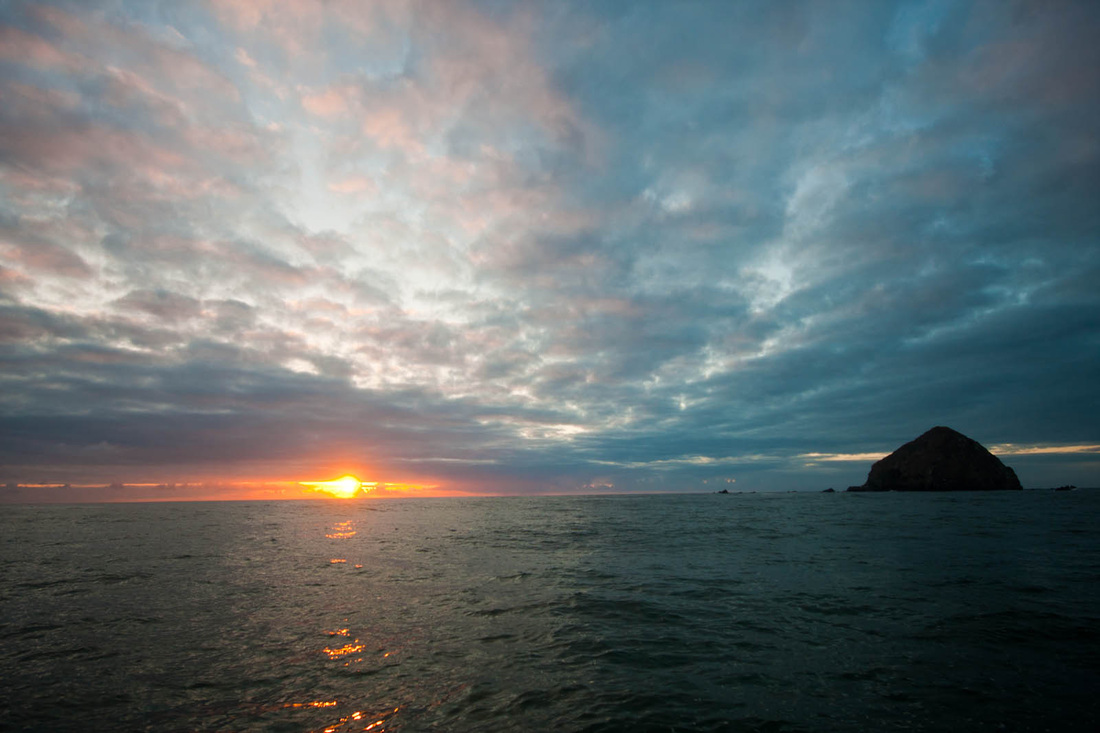
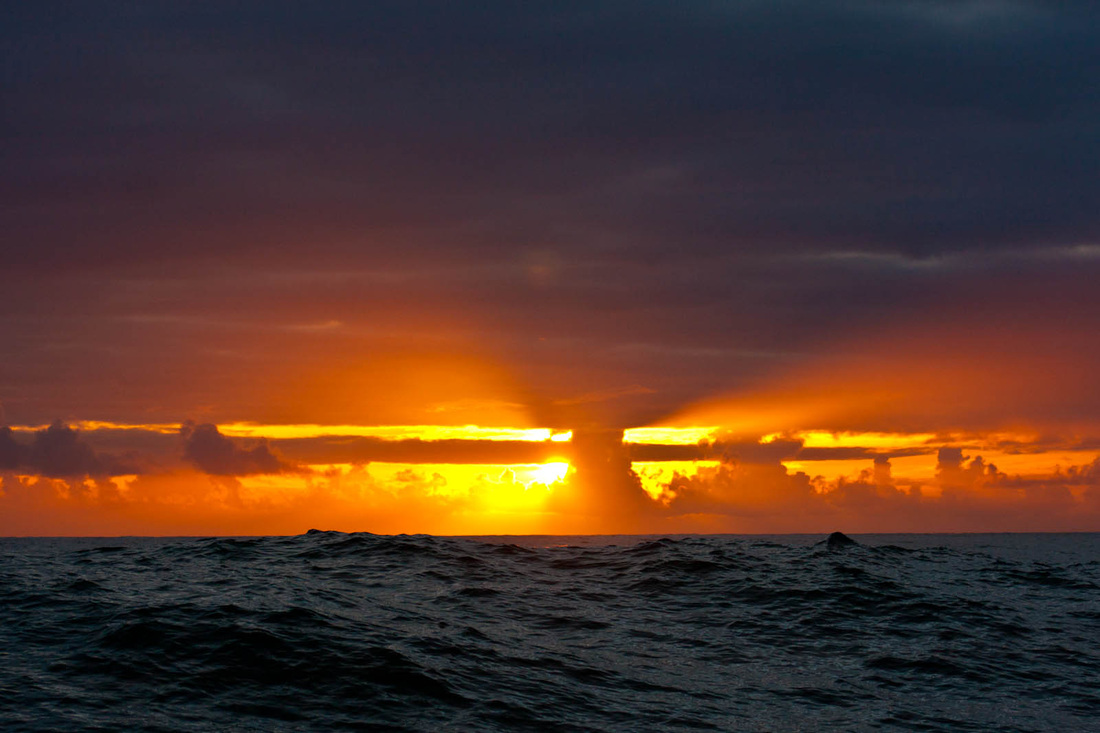
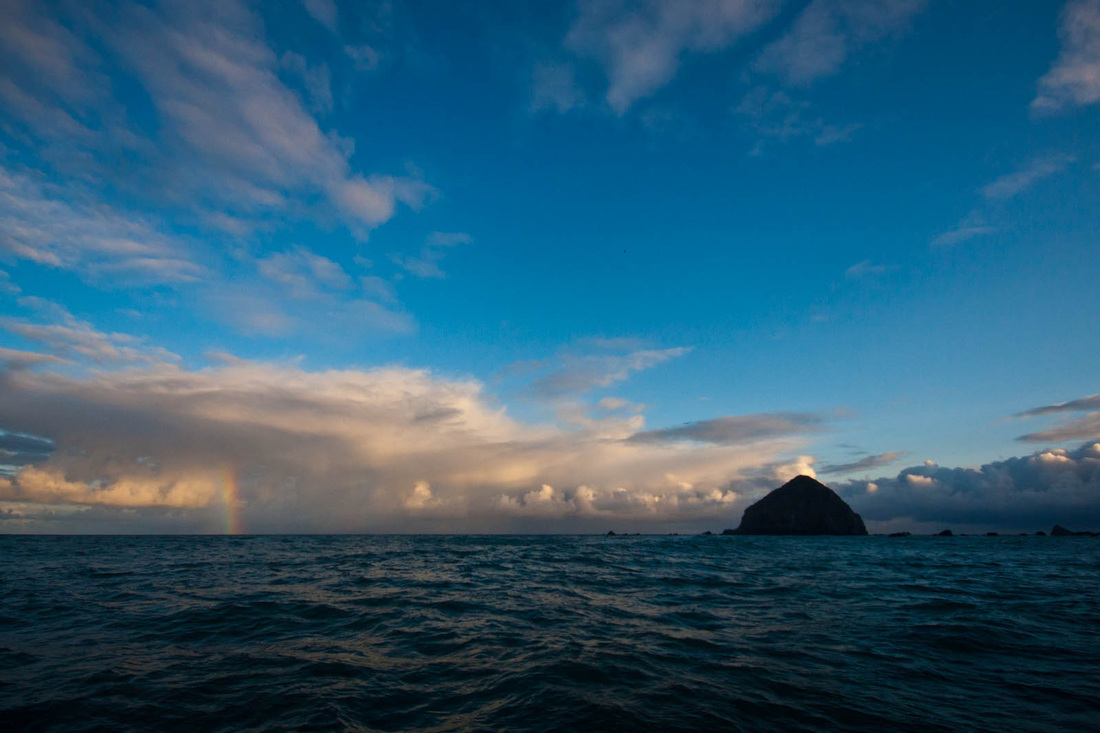
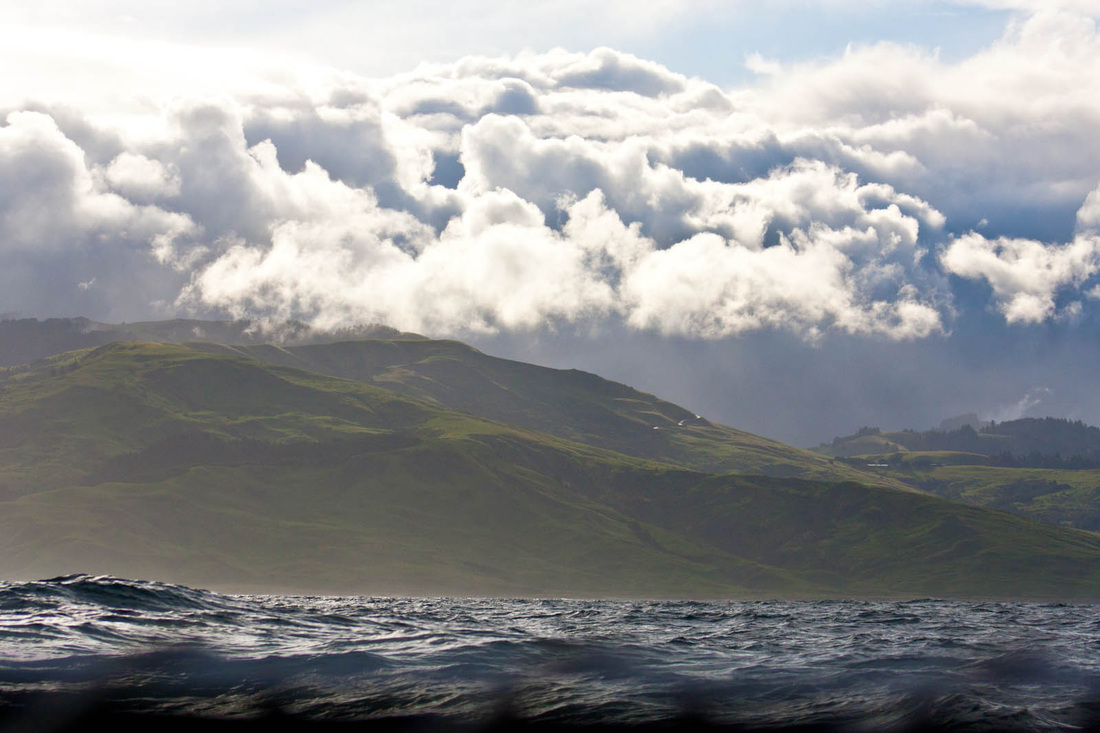
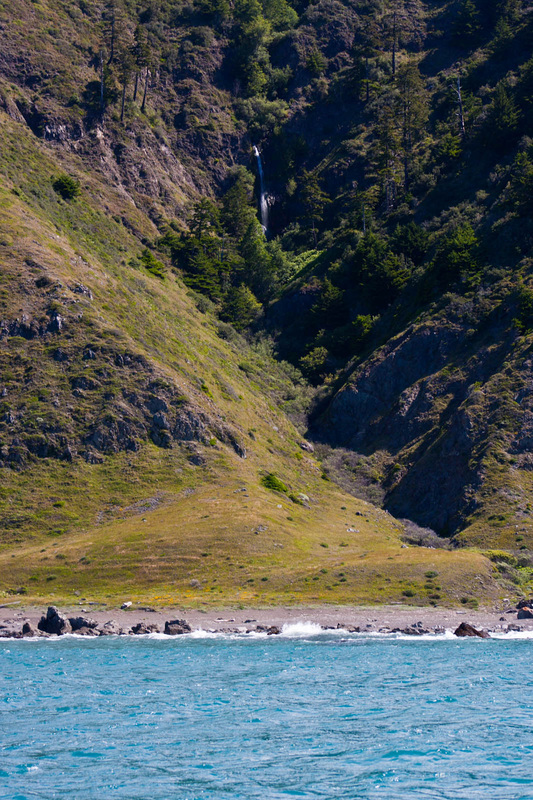
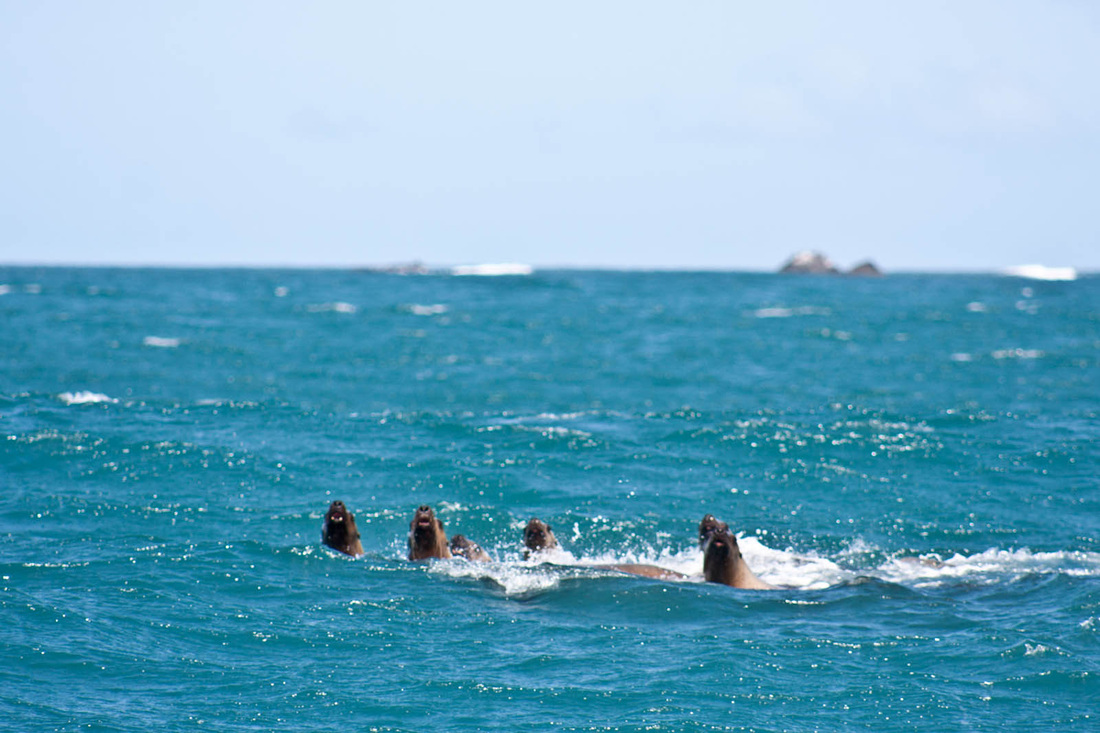
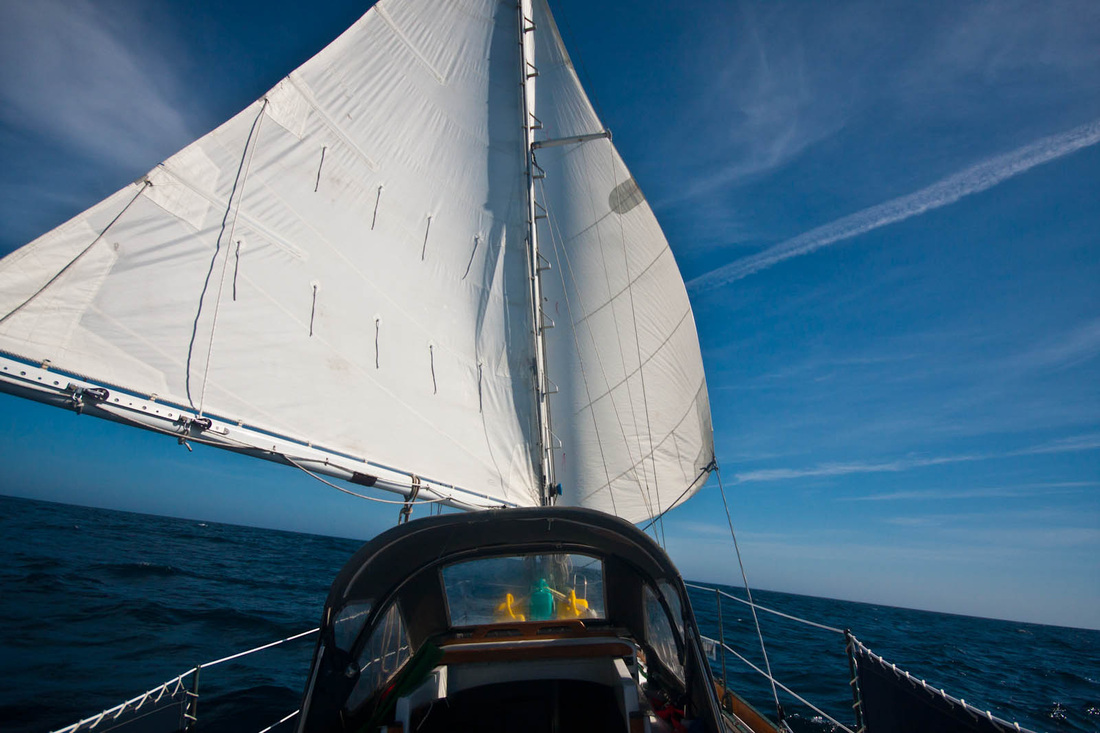
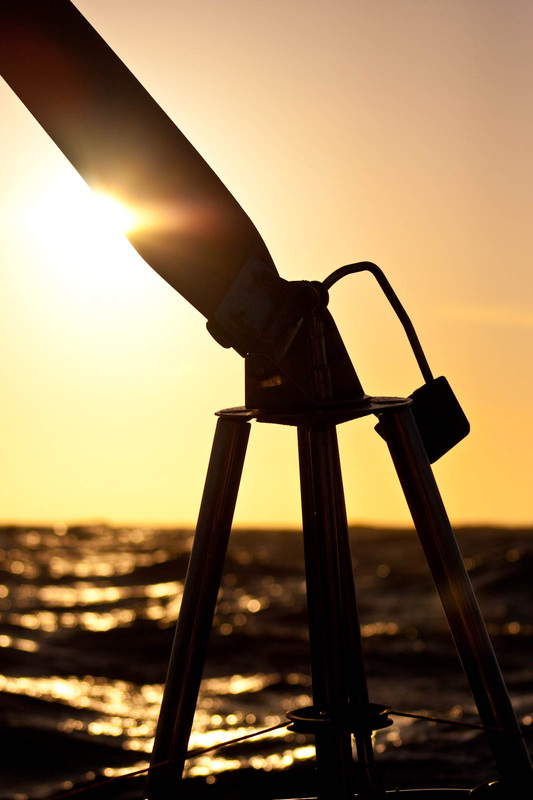
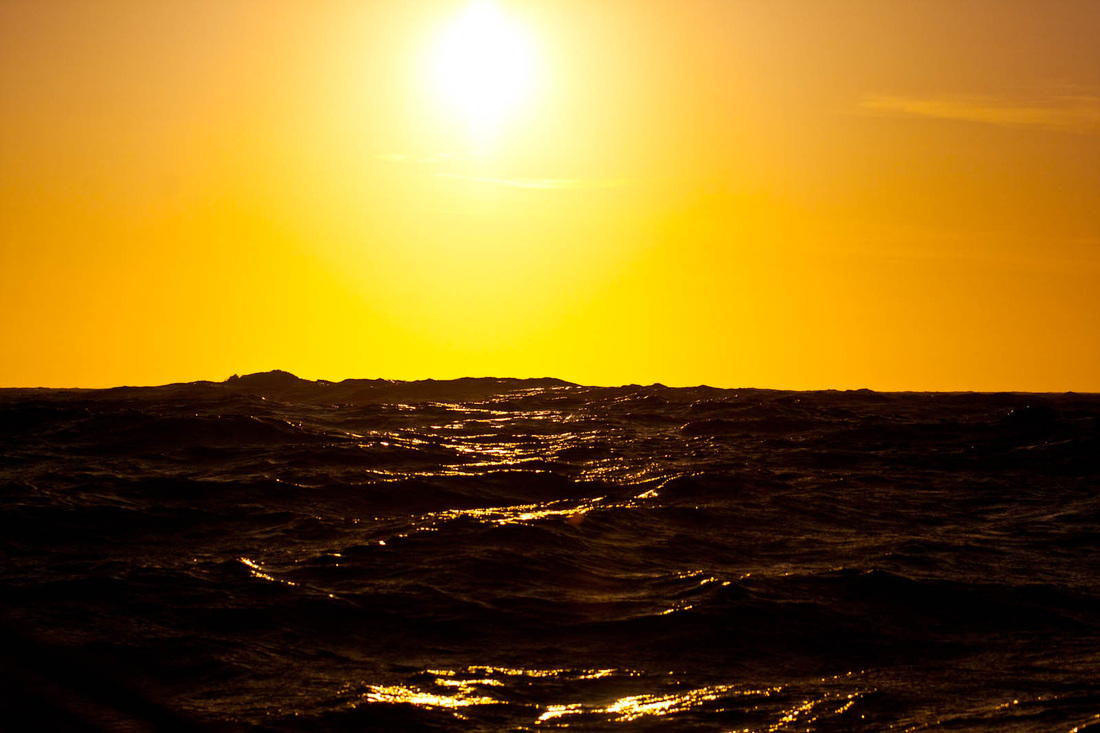
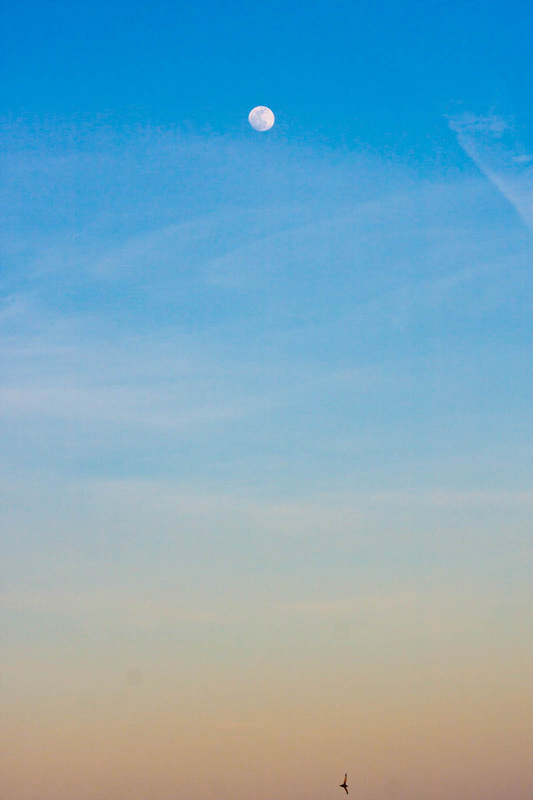
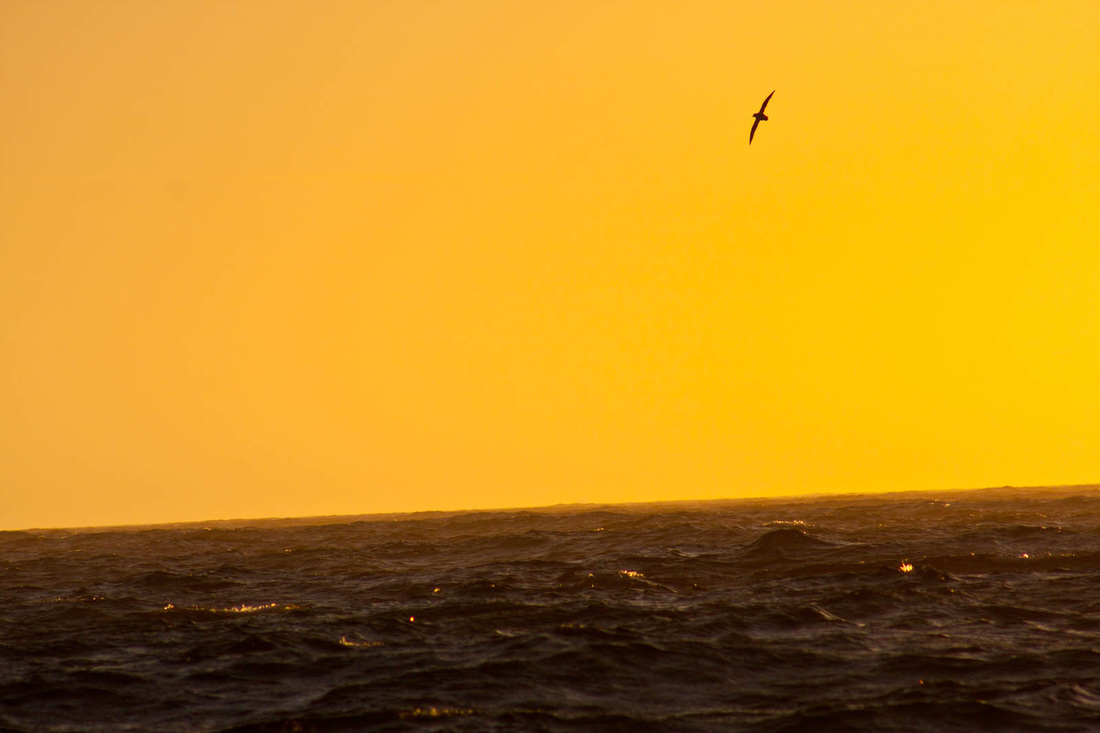
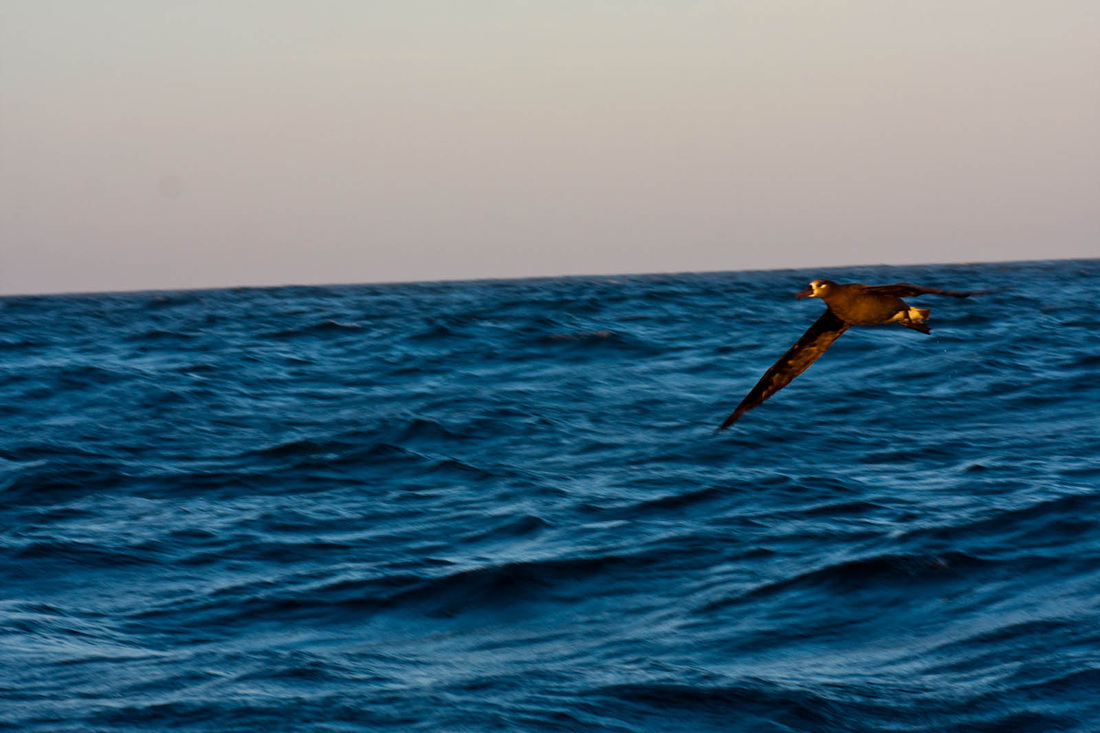
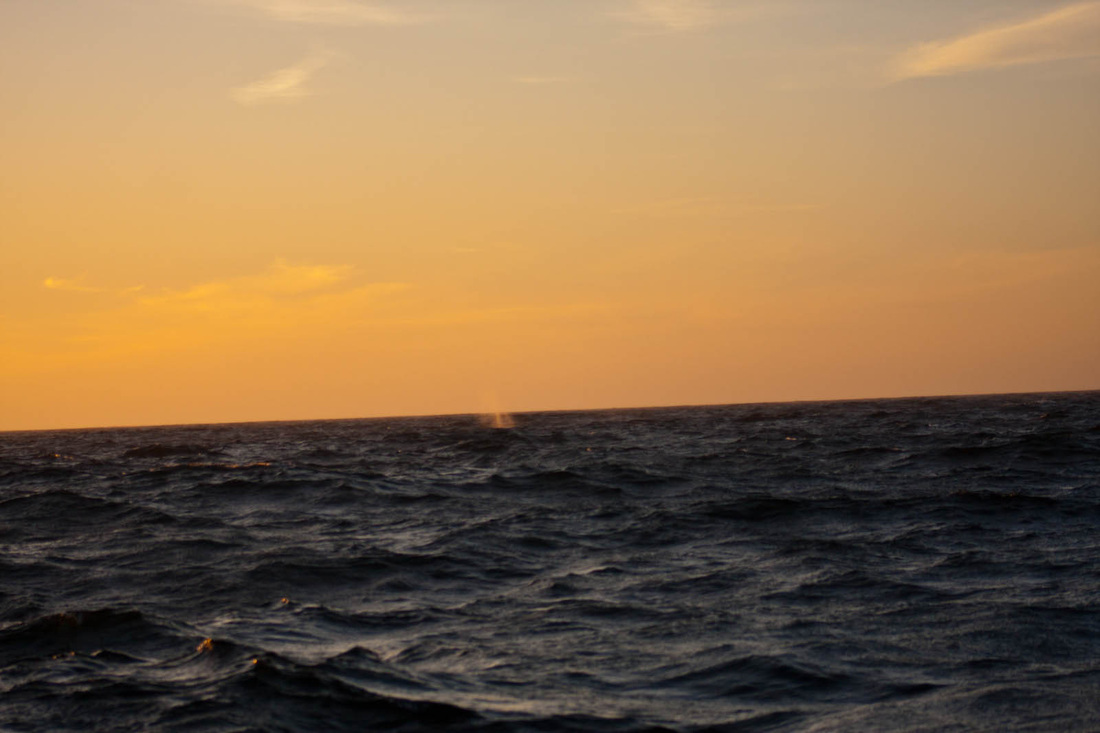
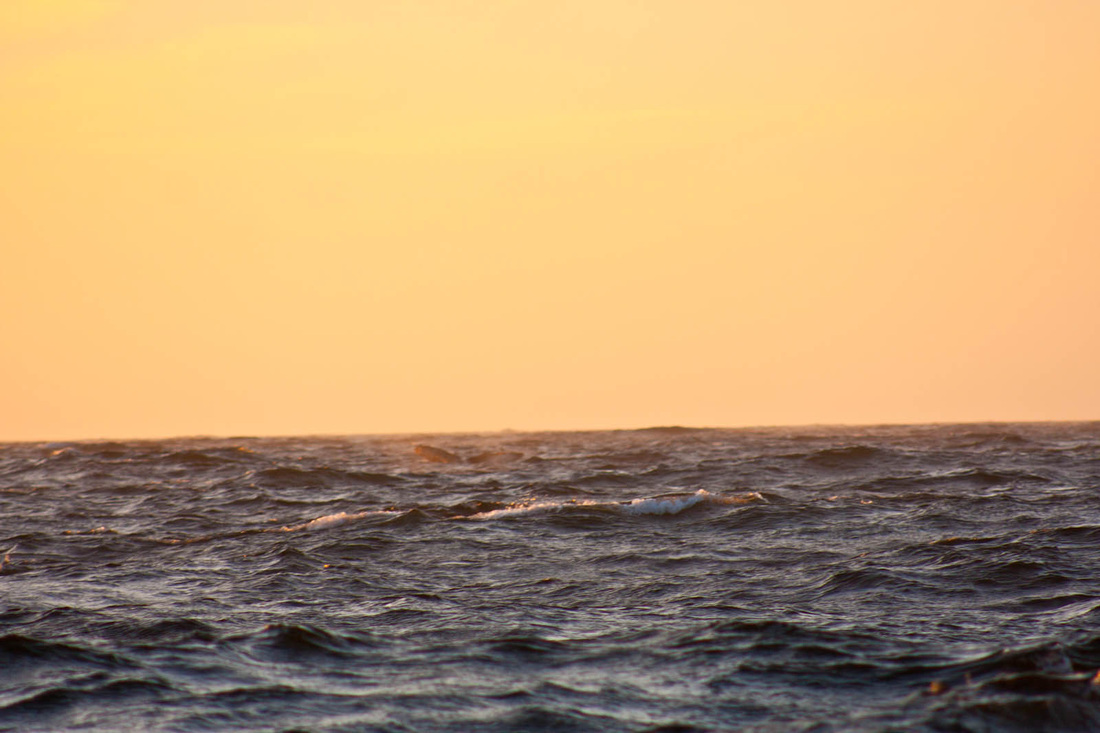
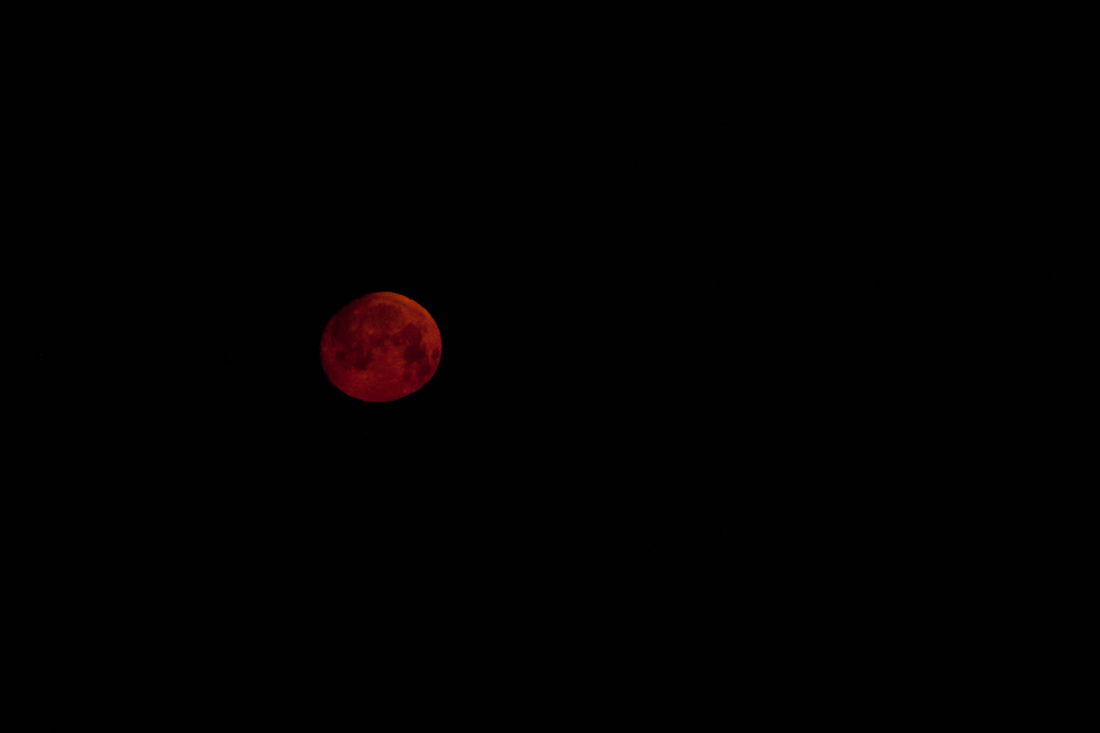
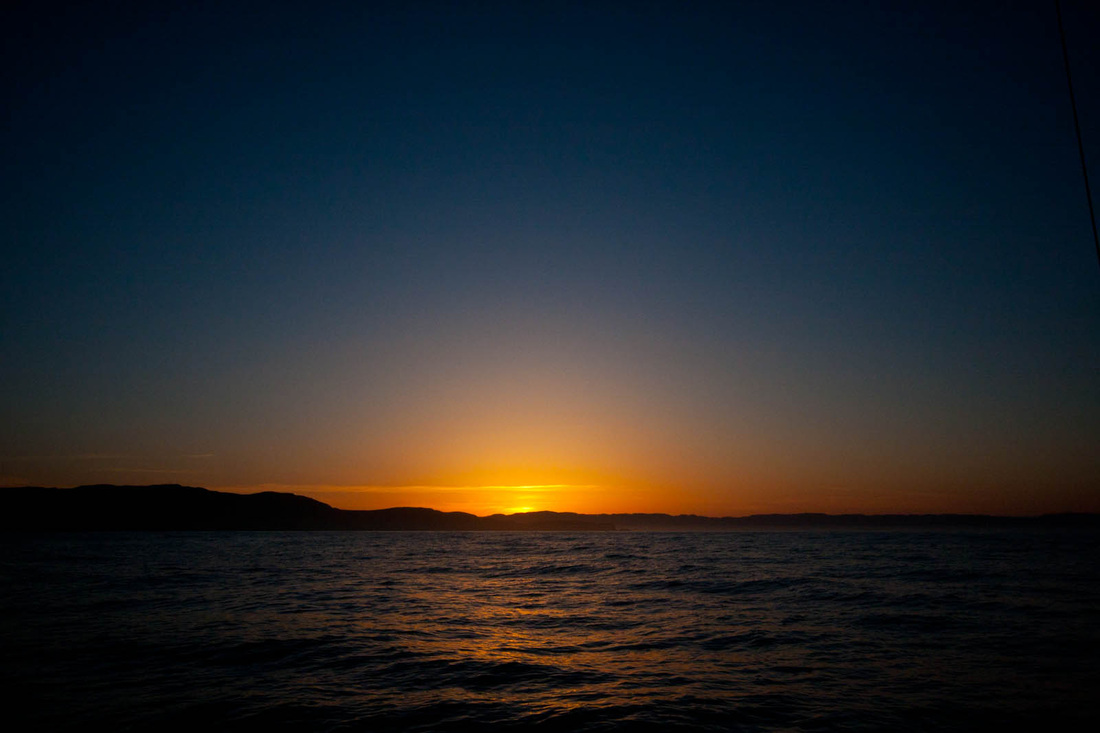
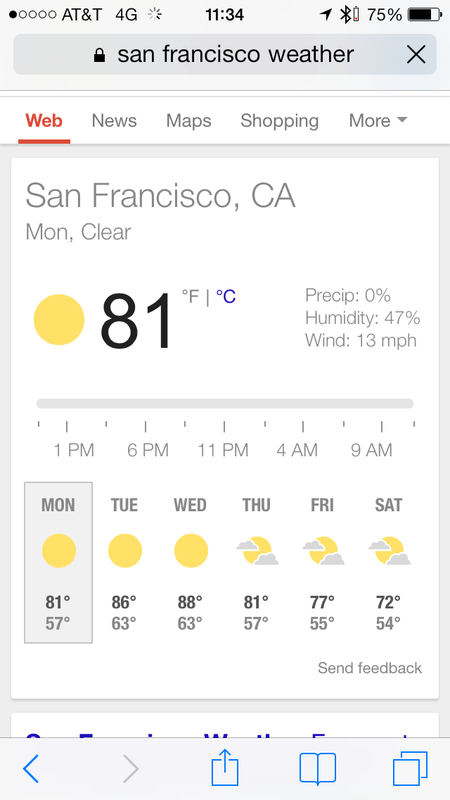
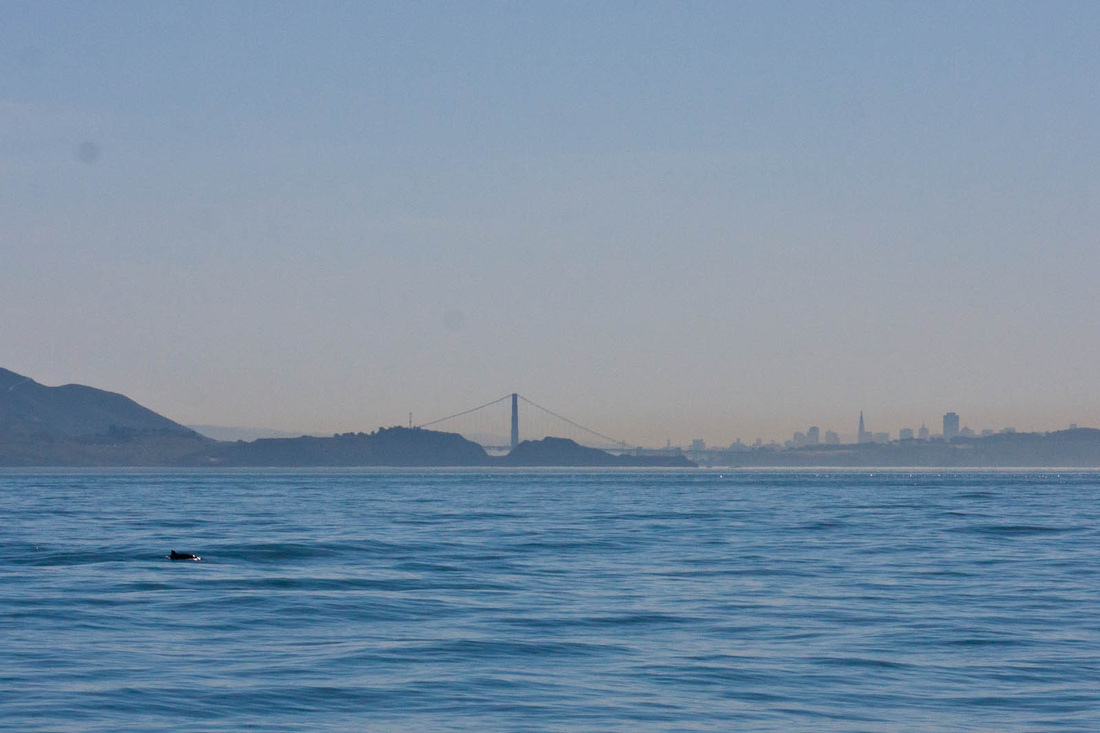
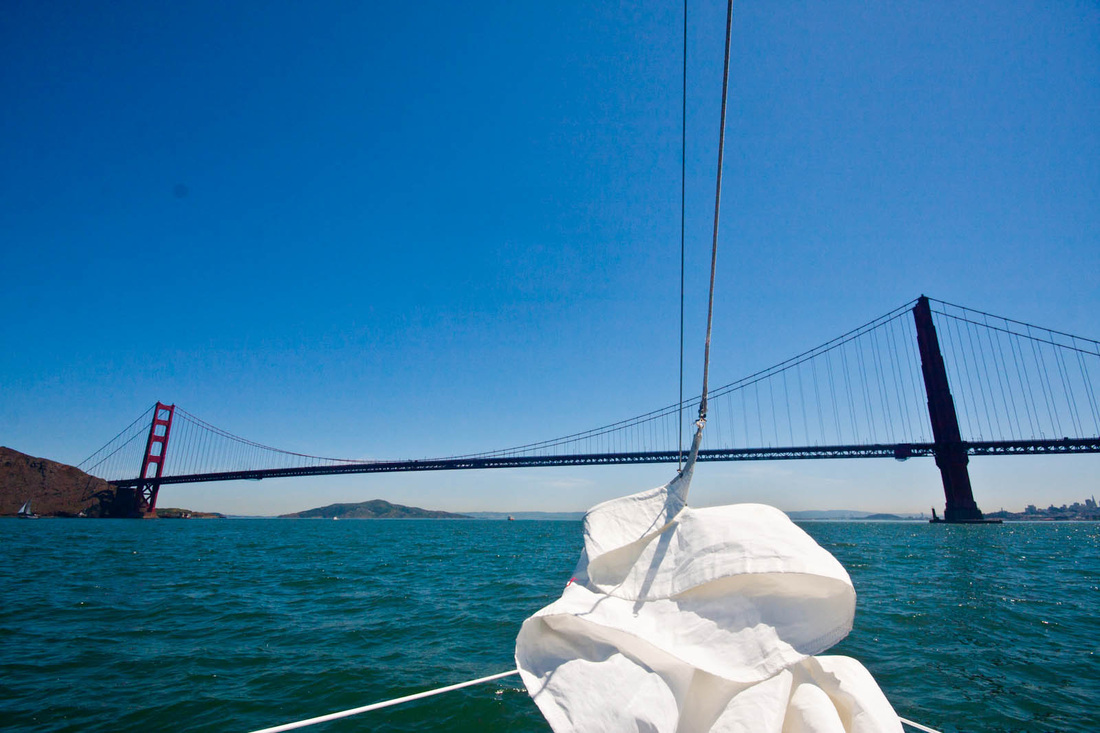
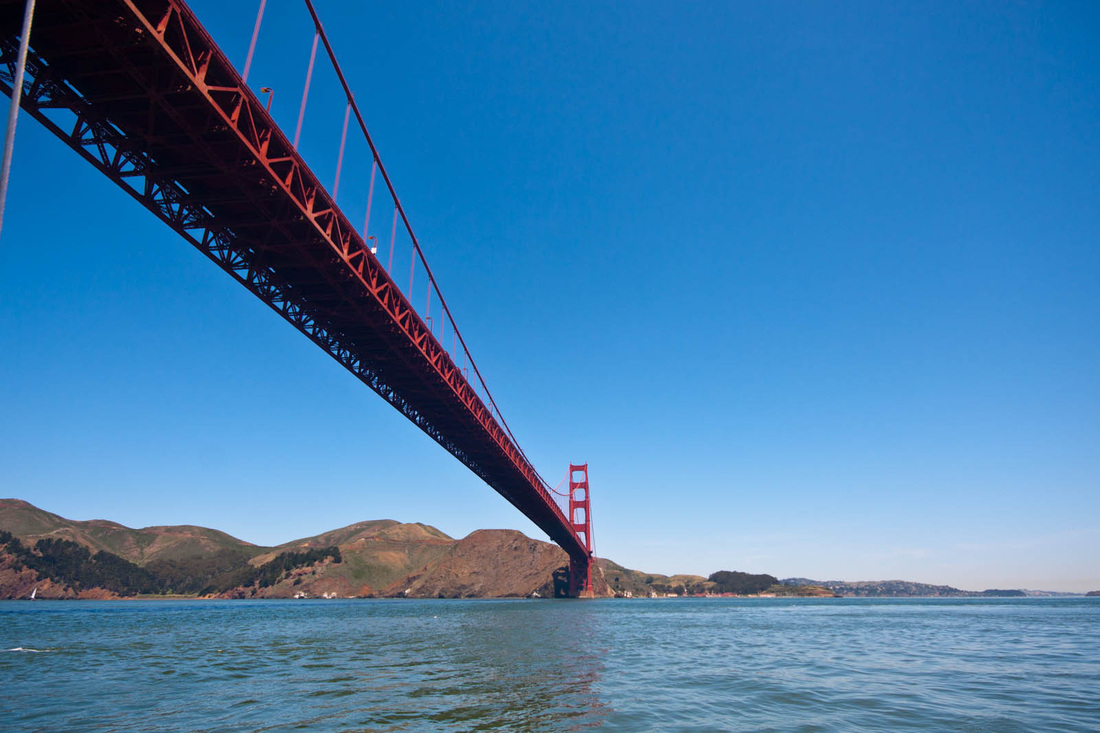
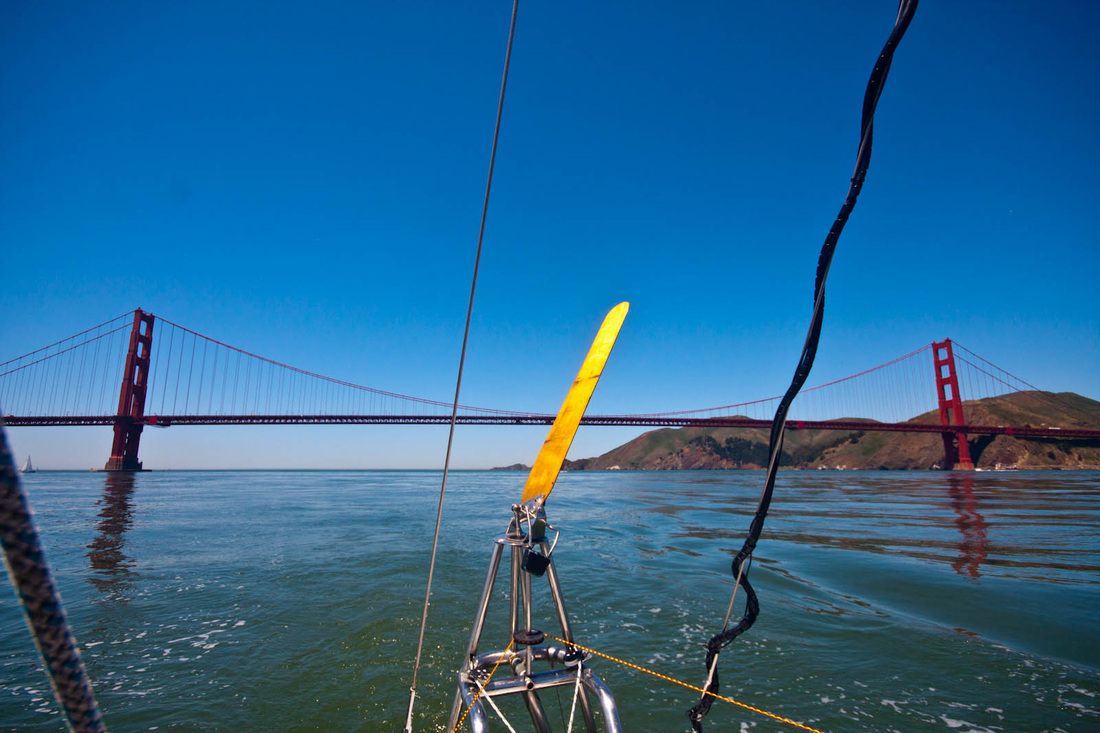
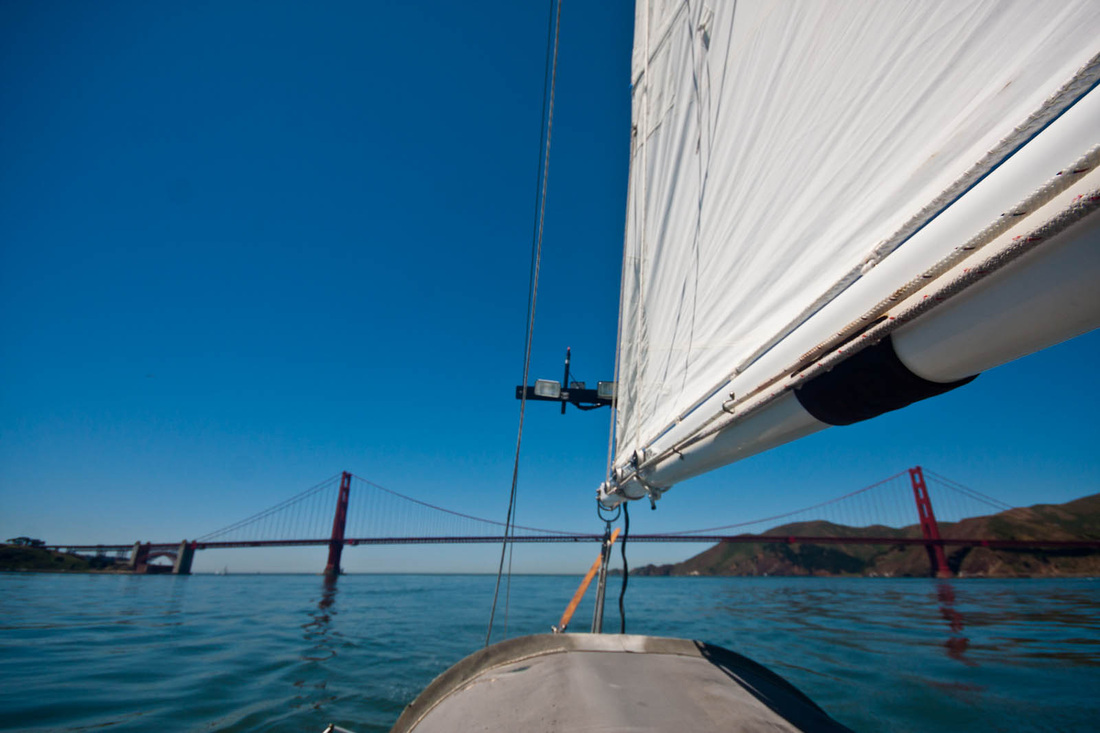
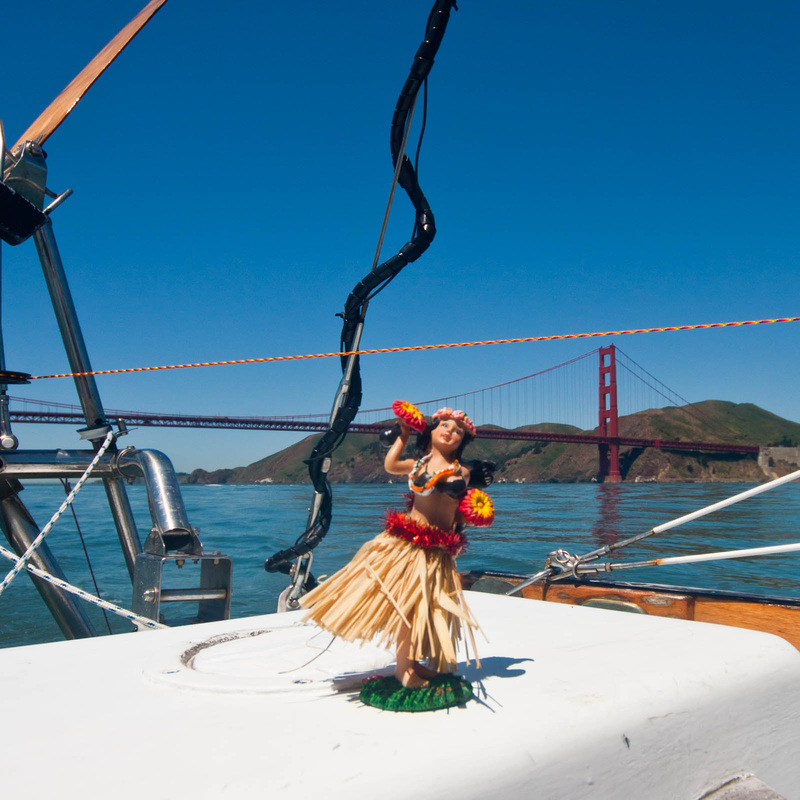
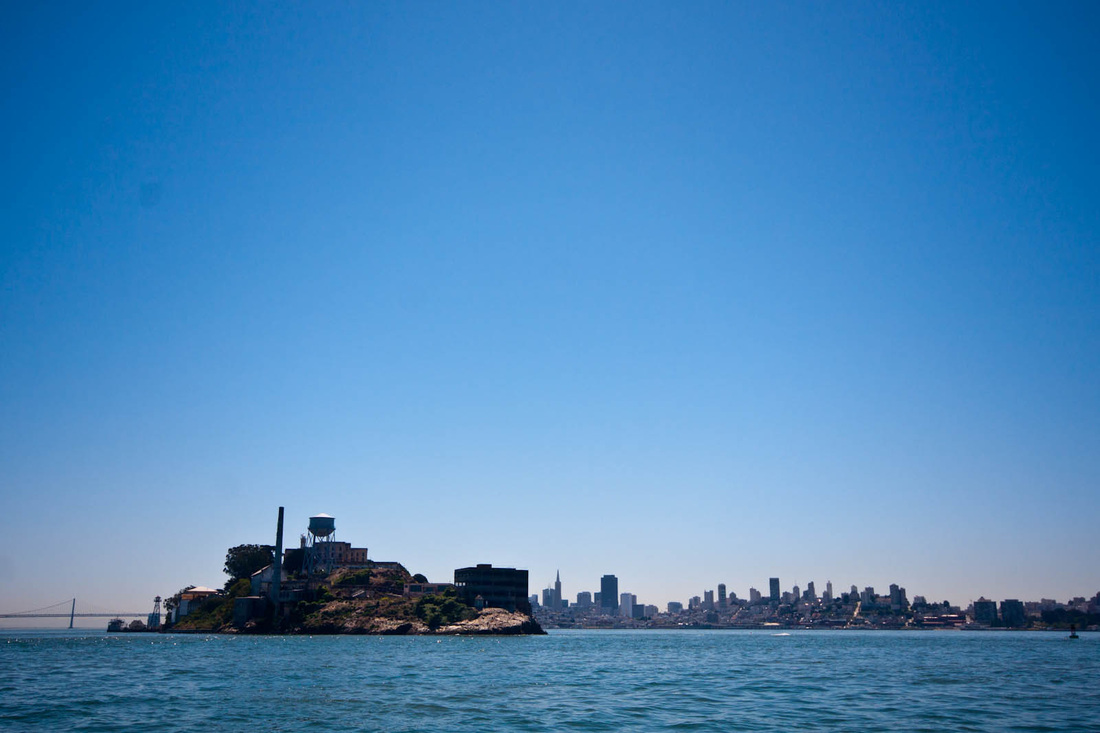
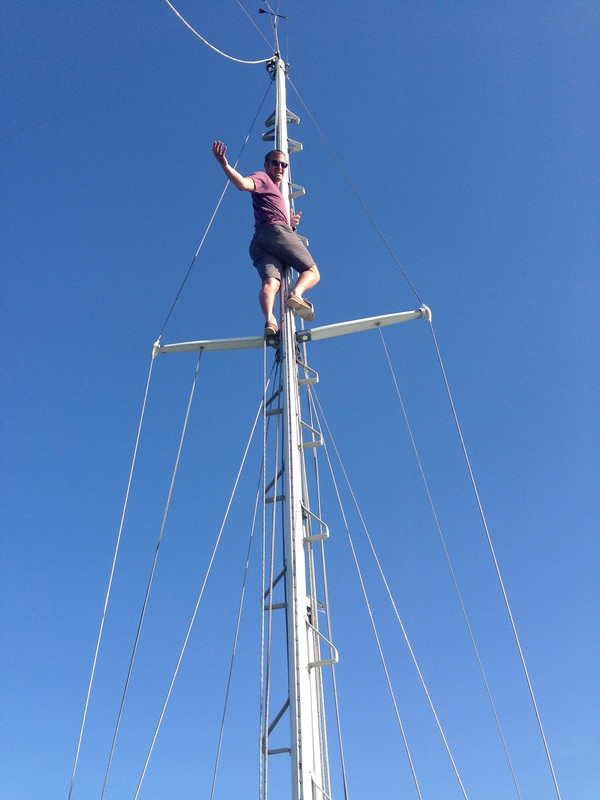
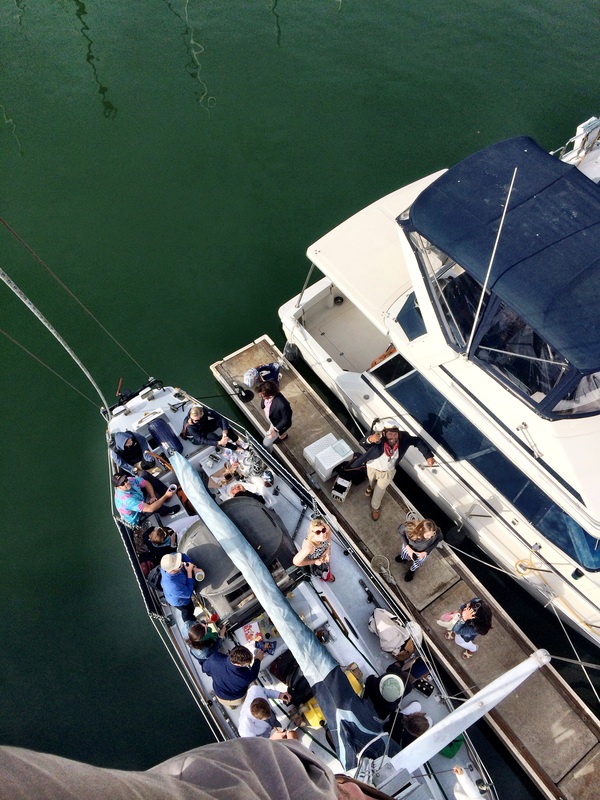
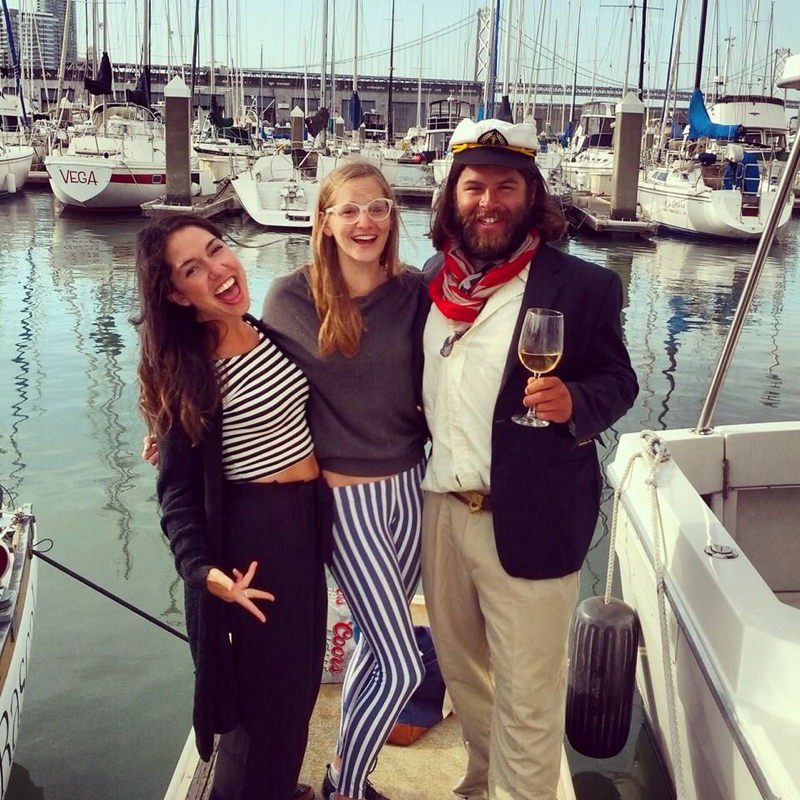
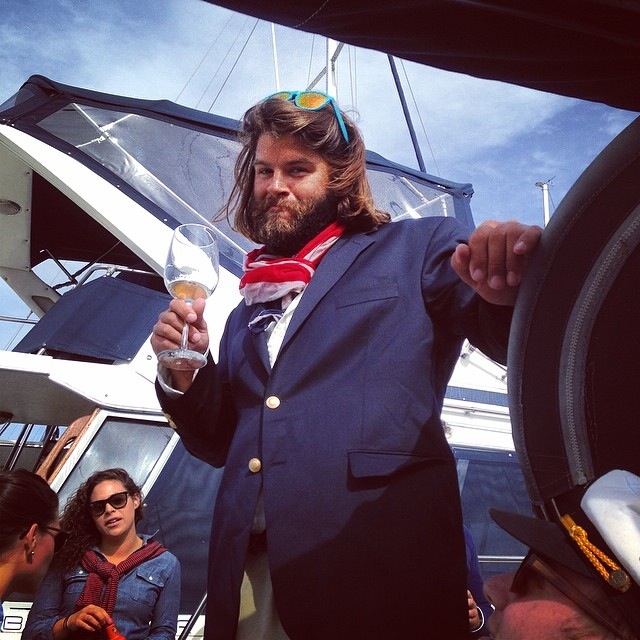
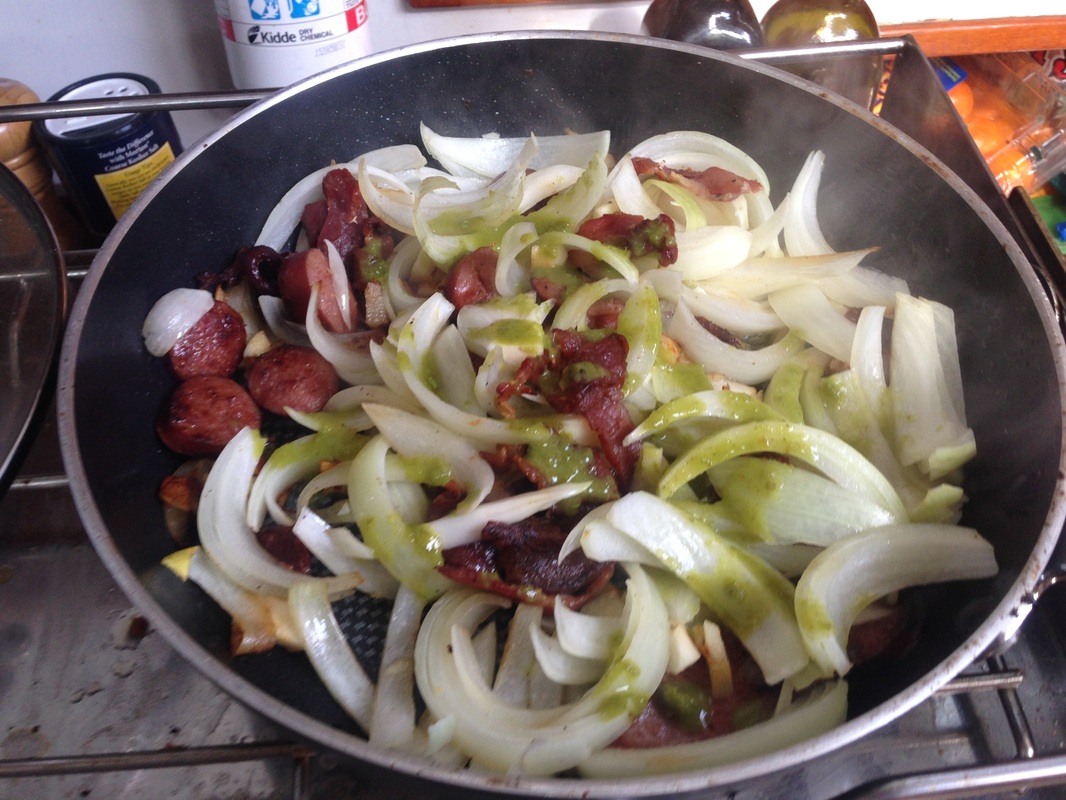
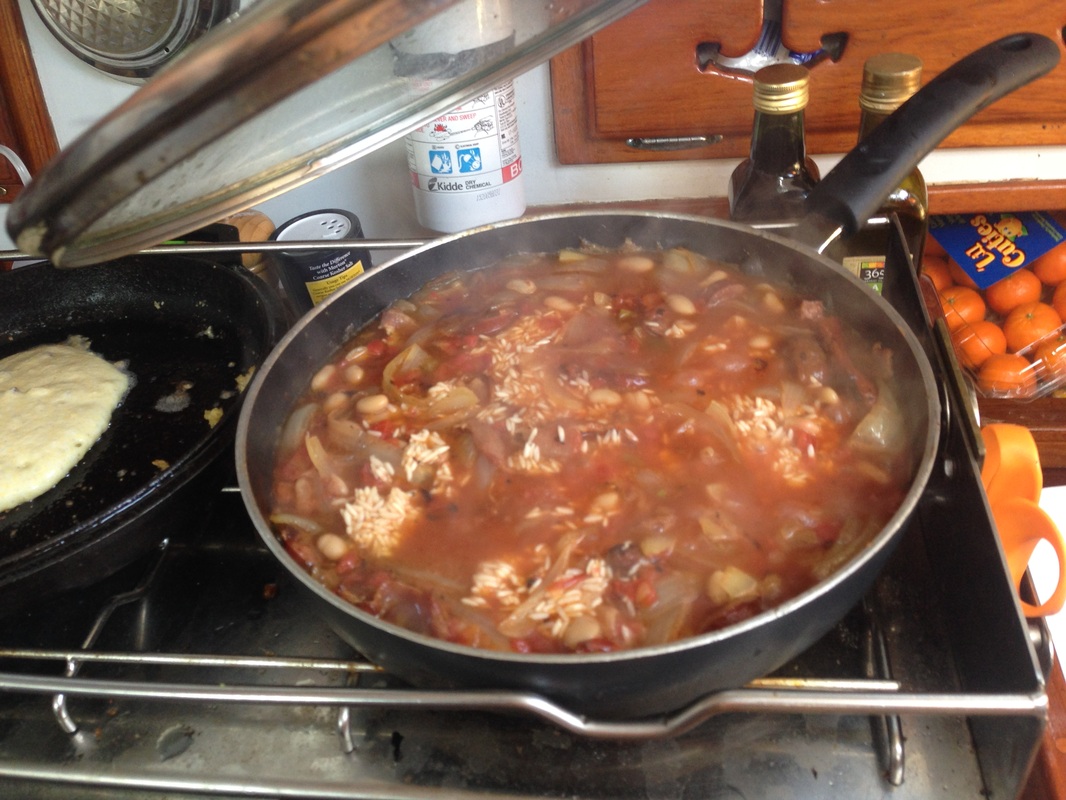
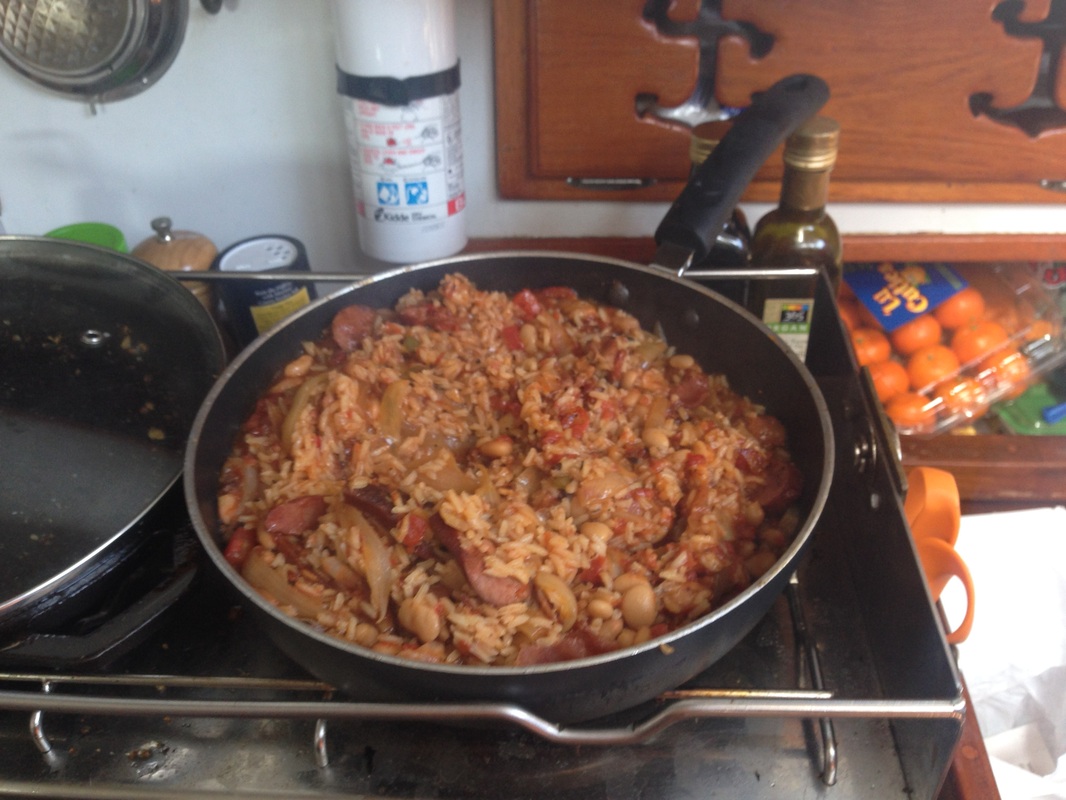
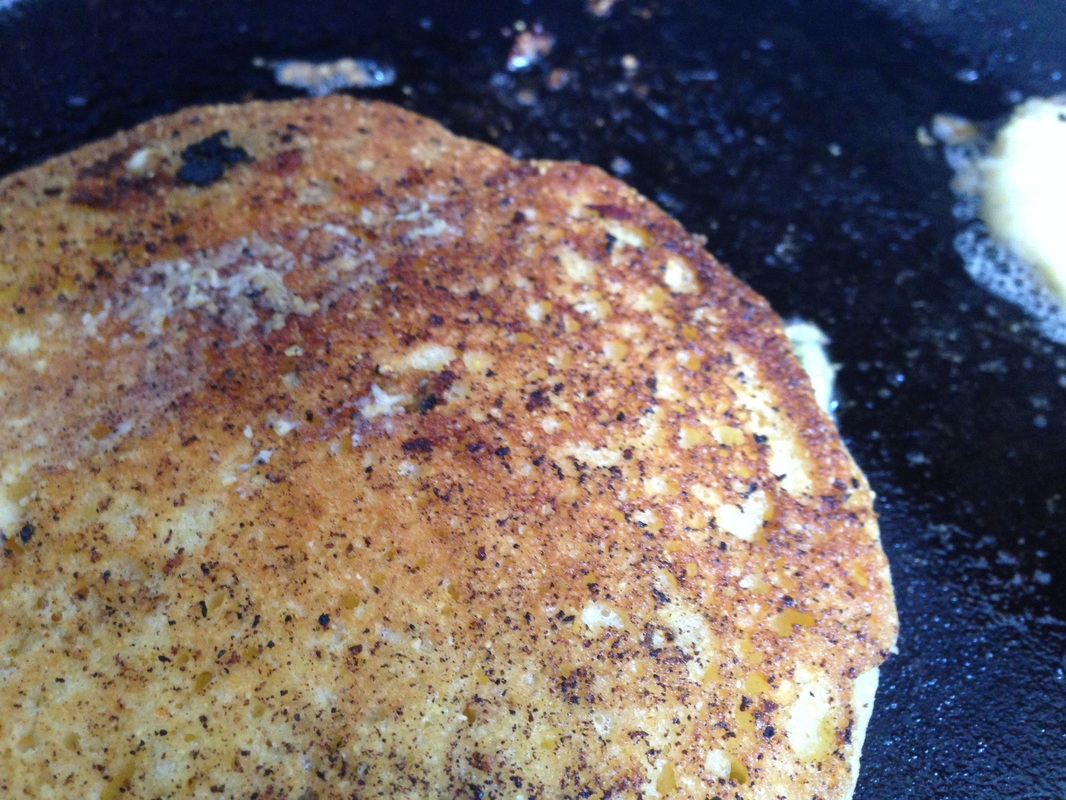
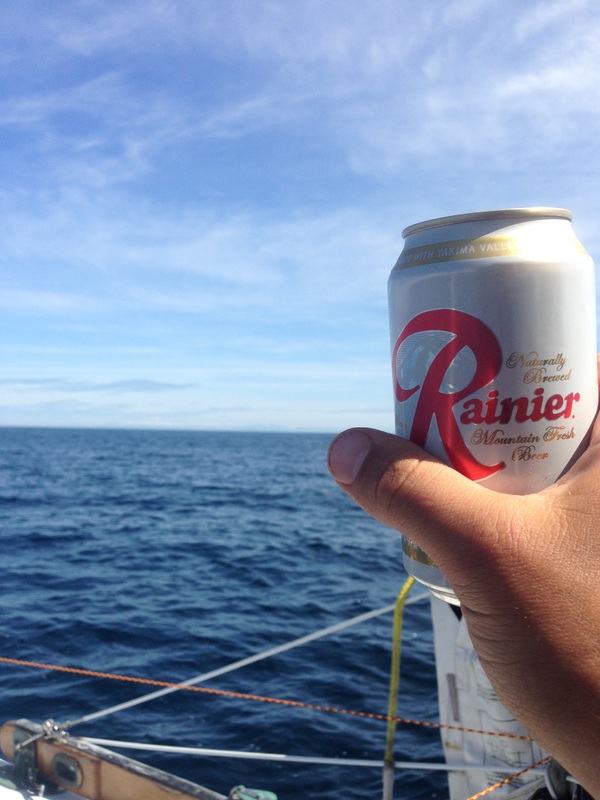
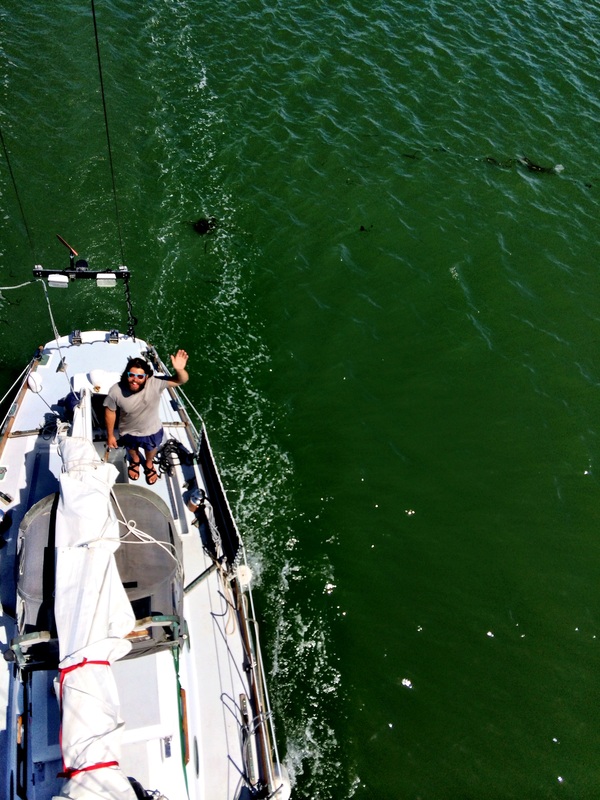
 RSS Feed
RSS Feed
